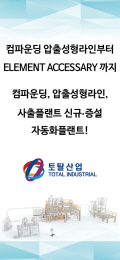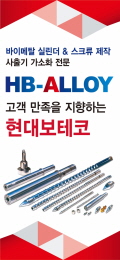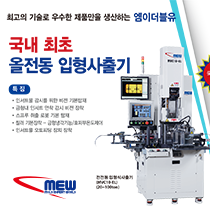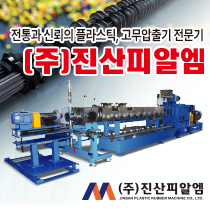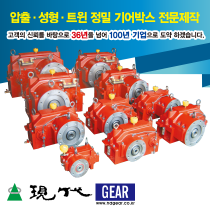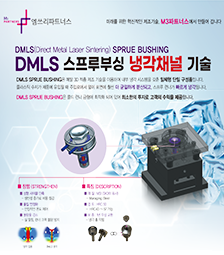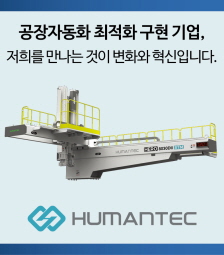Feature
Inflation, supply chain kinks keep pressure on auto suppliers
Inflation, supply chain kinks keep pressure on auto suppliers
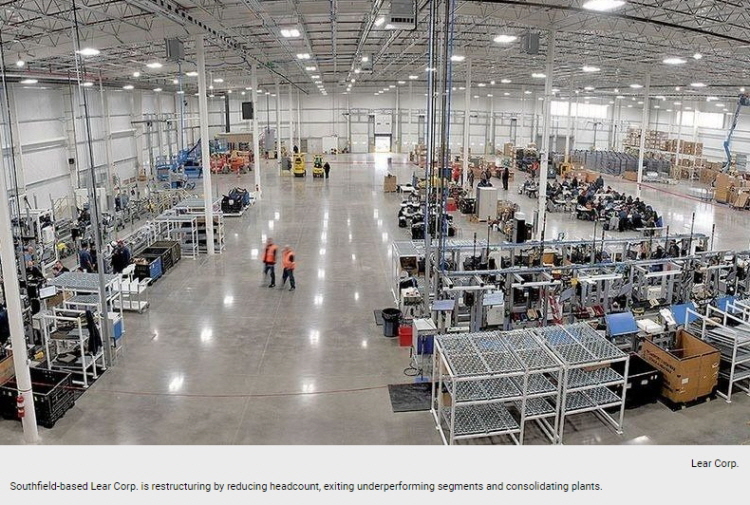
Inflation and production volatility are squeezing the revenue, income and margins of major automotive suppliers that had been hoping for some relief by now from the financial headwinds of the past two years.
Quarterly earnings reports from many of those companies out this week show that those pressures have continued — and in some cases worsened.
For example, Southfield-based seating and electronics supplier Lear Corp. said it has cut global headcount by 7,700 in the past year and is looking to restructure its footprint as its first-quarter adjusted net income was sliced in half from last year. Plymouth-based seat maker Adient plc took an $81 million loss, Auburn Hills-based BorgWarner Inc.'s adjusted operating income dropped 16 percent and Southfield-based Superior Industries Inc. saw net income slip by 23 percent.
All of them pointed to the same challenges.
This story was originally published in Crain's Detroit Business.
"I've been in the industry 20 years now, and it's worse than I've seen and it is sustaining," Nik Endrud, executive vice president for Forvia North America, told Crain's in an interview. "There's lot of downstream impacts to the stop-and-go concept on everybody, on automakers, too. ... Certainly, we see their profit margins. We know how they're running their business and we see supplier profit margins."
Forvia is the new name for the company combining molder Faurecia and lighting supplier Hella.
Endrud's point being that automakers have been able to tune their mix around availability of microchips, focus on selling higher-end vehicles, increase sticker prices and turn healthy profits as highlighted in their earnings reports. Suppliers do not have that strategy available.

"You can't have this massive margin compression and not have distress," said Steven Wybo, senior managing director and restructuring expert at Riveron, a financial consulting firm in Birmingham. "It's keeping their head above water, but you can only do that so long. They do need to be able pass some of this inflation on."
Wybo said the financial pressure on suppliers is worse than it was at this point last year, even though the microchip shortage has eased slightly. Sustained inflation and Russia's war on Ukraine have deepened the problems for a supply chain trying to recover.
As a result, vehicle production has not bounced back as quickly as many analysts predicted even as demand remains strong with higher vehicle prices.Moody's Investors Service last month revised its growth expectation for global light vehicle sales in 2022 to 3.3 percent, down nearly half from its previous projection of 6.2 percent.
"The automotive sector environment remains challenging, and the recovery of global light vehicle sales from the 2020 trough is more protracted than Moody's had initially expected," the credit rating researcher said in a report.
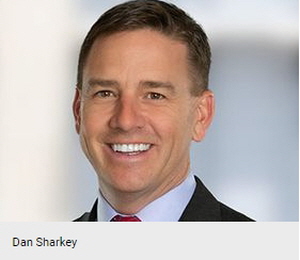
One key difference from a year ago is that automakers know they have to offer some pricing relief if they want to keep their suppliers afloat and cars coming down the line, said Dan Sharkey, co-founder and member at Brooks Wilkins Sharkey & Turco PLLC in Birmingham who specializes in supply chain litigation.
"If you're making a little part and it's 10 bucks, and your labor goes up 20 percent, and inflation goes up 8 percent, all the sudden you go to making a little profit, maybe 10 percent, to losing 10 percent," Sharkey said. "You're literally taping money to the box every time you make a part, so you have no choice but to run to your customer and say I got to have a price increase."
Sharkey said automakers are coming to the table, albeit "through gritted teeth and under protest," but most are offering lump sum "get well" injections of cash, rather than structural increases. Some automakers are threatening to withhold future contract awards to suppliers asking for increases, Sharkey said.
"If there hadn't been all this economic relief from customers, we would have had widespread financial failure of suppliers, and the OEMs know that, and that's what they want to avoid," he said.
Even automakers with poor reputations for how they treat suppliers, such as Stellantis, understand they must share some of the pain, Sharkey said, but it's not without a fight.
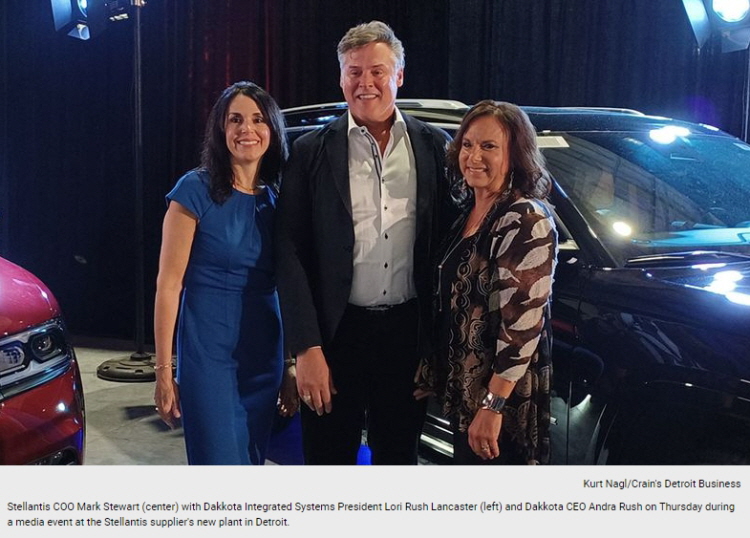
Stellantis Chief Operating Officer Mark Stewart said the automaker is working with suppliers through the headwinds.
"We continue to work on efficiency programs together of how to altogether get the costs out of the operations so everybody can be profitable and everybody can win in this environment," Stewart told reporters after an event this week at a new supplier plant in Detroit.
Still, the general approach of the automaker, whose North American headquarters is in Auburn Hills, with suppliers remains hard-line and the mantra is reducing prices.
"So, we continue to work with the supplier base again to get that cost out," Stewart said. "Consumers can only take a certain level before things become unaffordable. The end customer is who is in mind ... because that's how we all live across our ecosystem."
While financial pressure has yet to ease up, suppliers still see the light at the end of the tunnel, said Luke Junk, a Milwaukee-based senior analyst of vehicle technology and mobility at global financial advisory firm Baird.
Junk said steel, aluminum and other commodity prices are expected to normalize eventually, as are freight and logistic snarls. That will lead to the more predictable production cadence the automotive industry thrives on.
"There's definitely going to be relief going forward," Junk said.
Until that happens, though, suppliers will have to keep fighting for price increases to protect their business and investors while automakers do the same for theirs by pushing for price downs.
Wybo said he would expect to see at least a handful of major supplier bankruptcies or restructurings by the end of the year. Rapidly rising interest rates and the fear of a global recession are also cause for worry.

